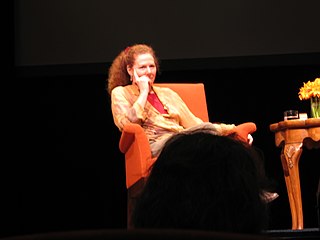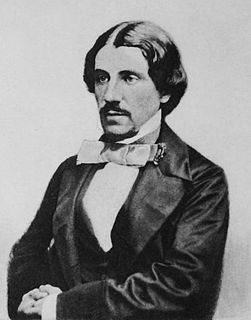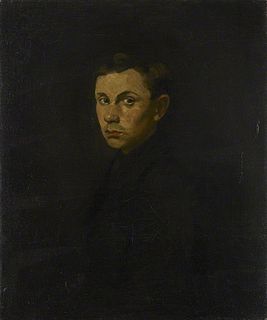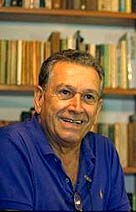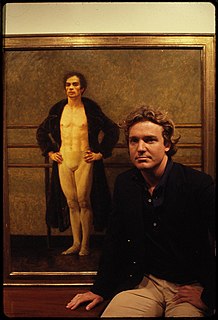A Quote by Agnes Repplier
There is something frightful in being required to enjoy and appreciate all masterpieces; to read with equal relish Milton, and Dante, and Calderon, and Goethe, and Homer, and Scott, and Voltaire, and Wordsworth, and Cervantes, and Molière, and Swift.
Related Quotes
The slight, the facile and the merely self-glorifying tend to drop away over the centuries, and what we are left with is the bedrock: Homer and Milton, the Greek tragedian and Shakespeare, Chaucer and Cervantes and Swift, Dostoyevsky and Tolstoy and James and Conrad. Time does not make their voices fainter, on the contrary, it reinforces our sense of their truth-telling capacity.
The true use of Shakespeare or of Cervantes, of Homer or of Dante, of Chaucer or of Rabelais, is to augment one's own growing inner self. . . . The mind's dialogue with itself is not primarily a social reality. All that the Western Canon can bring one is the proper use of one's own solitude, that solitude whose final form is one's confrontation with one's own mortality.
The greatest artists, saints, philosophers, and, until quite recent times, scientists... have all assumed that the New Testament promise of eternal life is valid.... I'd rather be wrong with Dante and Shakespeare and Milton, with Augustine of Hippo and Francis of Assisi, with Dr. Johnson, Blake, and Dostoevsky than right with Voltaire, Rousseau, the Huxleys, Herbert Spencer, H. G. Wells, and Bernard Shaw.
If you like poetry let it be first rate, Milton, Shakespeare, Thomson, Goldsmith Pope (if you will though I don't admire him), Scott, Byron, Campbell, Wordsworth and Southey. Now Ellen don't be startled at the names of Shakespeare, and Byron. Both these were great Men and their works are like themselves, You will know how to chuse the good and avoid the evil, the finestpassages are always the purest, the bad are invariably revolting you will never wish to read them over twice.
All the poets are indebted more or less to those who have gone before them; even Homer's originality has been questioned, and Virgil owes almost as much to Theocritus, in his Pastorals, as to Homer, in his Heroics; and if our own countryman, Milton, has soared above both Homer and Virgil, it is because he has stolen some feathers from their wings.
We possess the Canon because we are mortal and also rather belated. There is only so much time, and time must have a stop, while there is more to read than there ever was before. From the Yahwist and Homer to Freud, Kafka, and Beckett is a journey of nearly three millennia. Since that voyage goes past harbors as infinite as Dante, Chaucer, Montaigne, Shakespeare, and Tolstoy, all of whom amply compensate a lifetime's rereadings, we are in the pragmatic dilemma of excluding something else each time we read or reread extensively.


